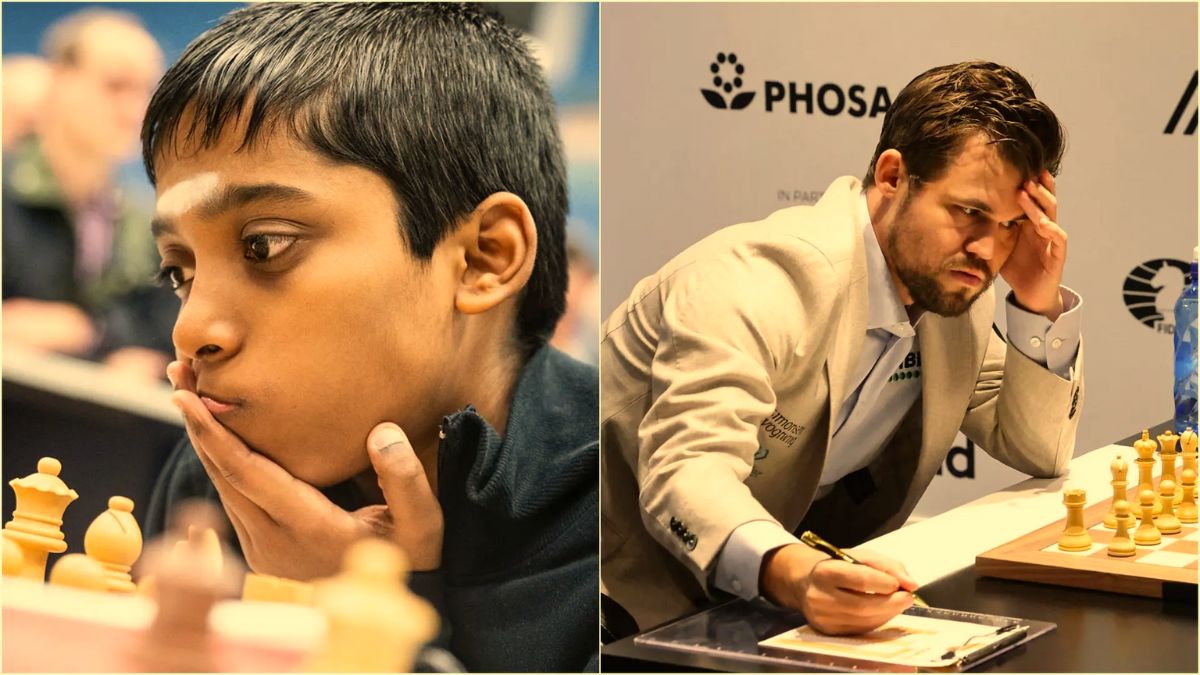Remarkable Transformation of Indian Chess: A Result of Collaborative Efforts
Setting the Stage for Success: Infrastructure and Developmental Pathways
The trajectory of Indian chess has witnessed an impressive transformation, a testament to the concerted efforts of various stakeholders, federations, and policymakers who have toiled diligently behind the scenes. This strategic collaboration has propelled the once niche board game into the limelight of popularity and prowess on the global stage. The credit for this monumental shift is undeniably owed to the collective dedication of those who have ardently nurtured the sport.
Emergence of Praggnanandhaa: A Symbol of Excellence
In a recent revelation of the sport’s growing vitality, R Praggnanandhaa’s exceptional performance stands as a shining example. His remarkable feat of holding the reigning champion, Magnus Carlsen, to a tie in the World Chess Championships underscores the caliber of talent brewing within India’s borders. This accomplishment not only underscores Praggnanandhaa’s individual prowess but also mirrors the broader ascendancy of Indian chess.
Insights from Magnus Carlsen: India’s Strategic Advancements
Magnus Carlsen, the venerated icon of chess, has offered valuable insights into India’s ascent in the world of this intellectually demanding game. Carlsen attributed India’s meteoric rise to the meticulous infrastructure and developmental pathways engineered by the All India Chess Federation. The deliberate groundwork laid by these visionary organizers has provided budding talents with the platform and resources essential for honing their skills. Carlsen’s acknowledgment echoes the global recognition of India’s strategic approach to nurturing chess excellence.
Proliferation of Grandmasters: A Glimpse into the Future
A remarkable testament to India’s burgeoning prowess is the burgeoning roster of grandmasters within the nation, currently numbering an impressive 80. This tally is poised to expand exponentially given the systematic manner in which the nation’s chess landscape is being nurtured. As the seeds sown by federations and policymakers continue to germinate, it is only a matter of time before a fresh wave of grandmasters emerges, further solidifying India’s status as a global chess powerhouse.
In conclusion, the evolution of Indian chess from a mere pastime to a global dominator is a result of synergistic endeavors by various stakeholders. Praggnanandhaa’s feats and Carlsen’s insights validate the nation’s strategic direction. The proliferation of grandmasters is a harbinger of the exceptional future that Indian chess is poised to embrace. It is indeed an exciting time for Indian chess, with its trajectory pointing unwaveringly towards success.





